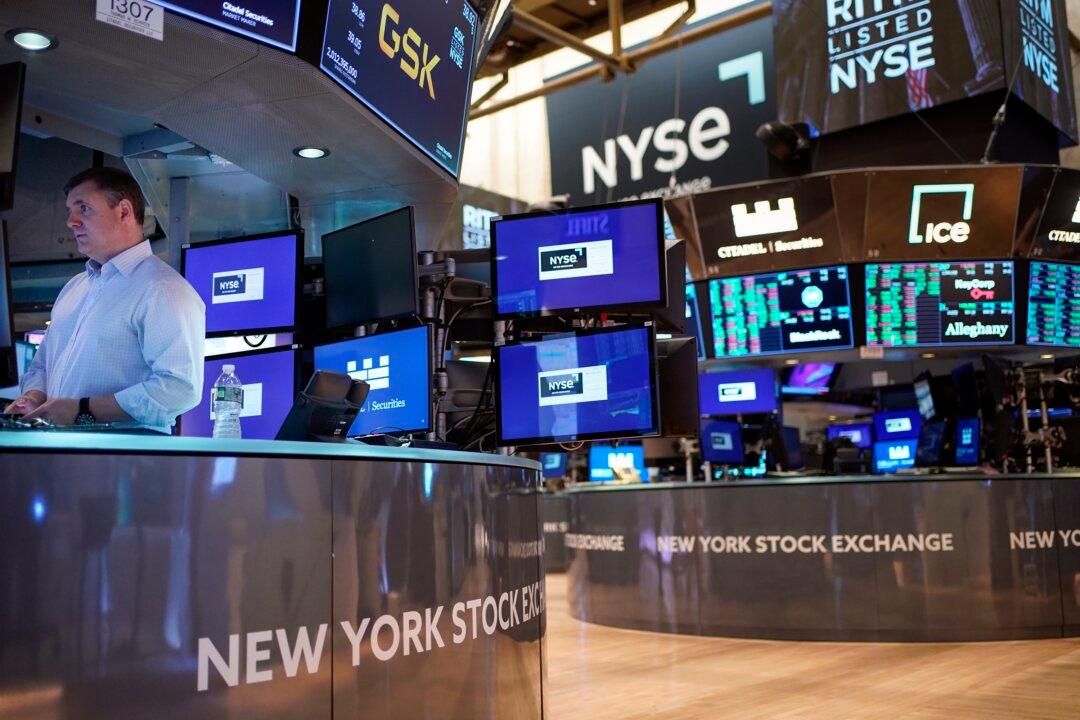Despite falling for much of the year, the U.S. stock market might decline even further rather than recover due to elevated inflation rates, according to a note by a Bank of America (BofA) strategist.
Warning that the “inflation shock ain’t over,” strategist Michael Hartnett highlighted that past bear markets show the average peak-to-trough declines of the S&P 500 to be around 37 percent over 289 days, according to Bloomberg. This suggests that the current bear market is estimated to end in October, with the S&P 500 at 3020 points, he calculates. As of Sept. 16, the index is at 3,873. For Hartnett’s forecast to come true, the large-cap benchmark has to decline by 853 points or by 22 percent.





